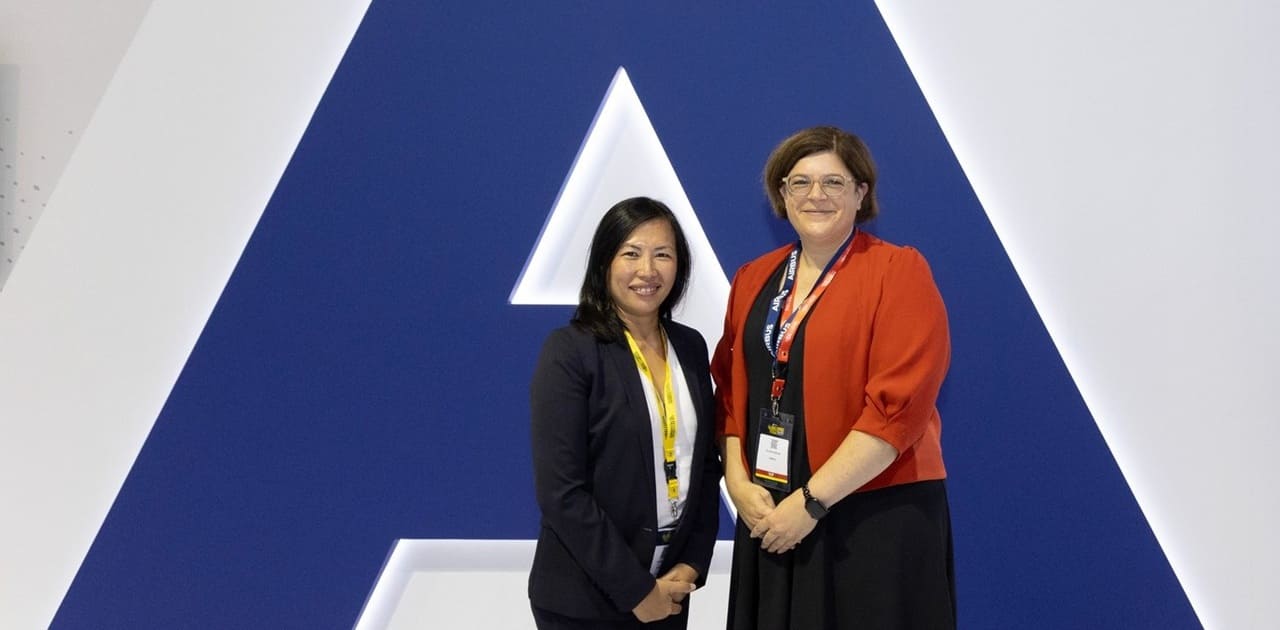Heaptalk, Jakarta — AirAsia and Airbus, a European aircraft manufacturer, entered a long-term partnership to explore the production of Sustainable Aviation Fuel (SAF) using alternative feedstock and technologies in Southeast Asia.
This stride is expected to advance research into aviation sustainability initiatives that lower carbon emissions in ASEAN. The research-based partnership aims to identify opportunities to support the onward commercial development of promising projects to expand SAF supply in the region.
The agreement will also set up conditions for jointly investigating advanced measures to improve air traffic management (ATM) and reduce CO2 emissions, leveraging AirAsia’s industry-leading fuel efficiency program and Airbus’ pioneering role as a global leader in aeronautics, space, and related services. Both entities will identify applicable technologies developed as part of the Single European Sky ATM Research (SESAR) Project and assess their suitability for adaptation to ASEAN skies.
Exploring operational efficiency levers

Yap Mun Ching, Capital A‘s Chief Sustainability Officer, stated, “As a regional carrier based in five ASEAN countries, we bring unparalleled operational experience in the region to complement Airbus’ technological expertise. The partnership establishes a foundation upon which to build joint projects at multiple levels that address the broad needs of improving the environmental performance of the sector,” Yap Mun Ching stated.
Julie Kitcher, Airbus Chief Sustainability Officer, conveyed that her party is contributing to the decarbonization of aviation worldwide. That means working with customers in every region, examining all technologies available today, and collaborating on research for future technologies. “AirAsia is a key partner in the ASEAN region, and we are excited to work with the airline to explore operational efficiency levers, including air traffic management and scaling up the production and distribution of SAF,” Julie Kitcher said.
AirAsia currently holds an order for 361 units of the A321 model to meet its fleet growth and replacement needs. By 2035, aircraft upgrades are expected to reduce AirAsia’s CO2 emissions by up to 10% compared to its 2019 baseline. Operational efficiencies and SAF are expected to deliver another 15% reduction as the airline group charts its pathway towards net zero by 2050.
In 2023, AirAsia avoided emitting 130,000 tonnes of CO2 from its narrowbody regional network by implementing over 20 operational efficiency measures, equivalent to the impact of more than 2 million trees planted. These measures contributed to a reduction in fuel costs of US$40 million and over US$388,000 in shadow carbon costs.











